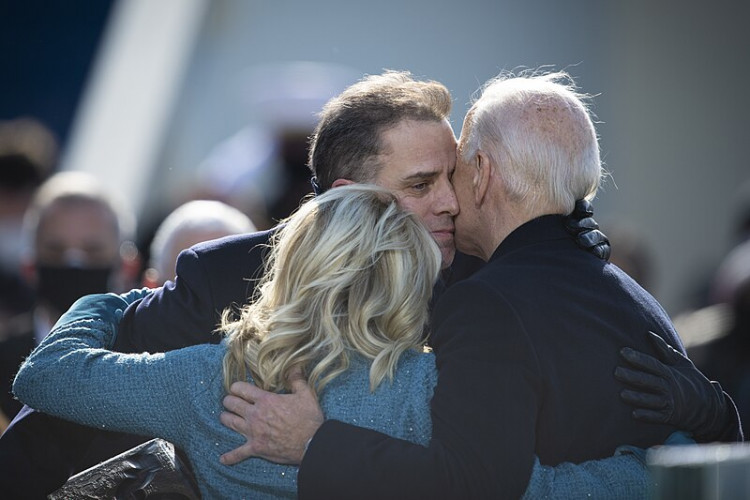A federal judge who oversaw a tax fraud case against Hunter Biden sharply criticized President Joe Biden's explanation for granting a full and unconditional pardon to his son, saying the White House's official statements appeared to mischaracterize the facts and legal conclusions reached by the courts. In a blistering five-page letter, U.S. District Judge Mark C. Scarsi took the president to task, arguing that while the Constitution grants the executive broad pardon powers, it does not "give the President the authority to rewrite history."
The rebuke came after attorneys for Hunter Biden moved to dismiss the California tax fraud charges in light of the president's December 1 pardon announcement. Rather than submitting a certified copy of the pardon itself, they initially provided only a hyperlink to the White House press release, in which President Biden described his son as having been "selectively, and unfairly, prosecuted." Judge Scarsi, pointing to the mismatch between these presidential assertions and the legal record, wrote: "In short, a press release is not a pardon."
The court's disapproval focused particularly on the president's claim that Hunter Biden was "treated differently" from other individuals who had failed to pay their taxes due to addiction. "For example, the President asserts that Mr. Biden 'was treated differently' from others 'who were late paying their taxes because of serious addictions,' implying that Mr. Biden was among those individuals who untimely paid taxes due to addiction. But he is not," the judge wrote. He noted that Hunter Biden himself admitted to engaging in tax evasion after overcoming severe substance abuse issues.
At the heart of the matter is a set of criminal cases that had long shadowed Hunter Biden. He was convicted of lying on a federal form to purchase a gun and possessing a firearm while battling drug addiction. Later, he pleaded guilty to tax fraud charges involving at least $1.4 million in unpaid taxes for the years 2016 through 2019. Prosecutors said he falsely claimed personal expenses-including "luxury clothing, escort services, and his daughter's law school tuition"-as business deductions. According to the court filings, he maintained an upscale lifestyle, including driving a Porsche and renting a $17,500-a-month home, even after acknowledging his sobriety and ability to pay.
Judge Scarsi emphasized that Hunter Biden's own pleas and admissions contradicted the presidential narrative. "Mr. Biden admitted that he 'had sufficient funds available to him to pay some or all of his outstanding taxes when they were due,' but that he did not make payments ... instead electing to 'spen[d] large sums to maintain his lifestyle' in 2020."
In his official pardon statement, the president suggested his son was singled out due to their family connection. Yet Judge Scarsi underscored that both he and other federal judges had previously rejected claims of selective prosecution. "According to the President, '[n]o reasonable person who looks at the facts of [Mr. Biden's] cases can reach any other conclusion than [Mr. Biden] was singled out only because he is [the President's] son,'" the judge wrote. "But two federal judges expressly rejected Mr. Biden's arguments that the Government prosecuted Mr. Biden because of his familial relation to the President."
Federal prosecutors, led by Special Counsel David Weiss, similarly pushed back against the notion of selective enforcement. The government noted that multiple federal judges, appointed by presidents from both major parties, had rejected Hunter Biden's claims of unfair targeting. There never "has been any evidence of vindictive or selective prosecution in this case," the prosecution said in a recent filing.
The White House has not commented on Judge Scarsi's criticism, and the court indicated it would formally close the case after receiving an authenticated version of the pardon. In Delaware, a separate gun-related conviction against Hunter Biden was also vacated, following a similar request, and that proceeding has now been terminated by Judge Maryellen Noreika.
Despite the judge's searing remarks, the pardon stands. While Scarsi acknowledged the president's constitutional authority to grant clemency, he made clear that the historical record would not be so easily recast. "The Constitution provides the President with broad authority to grant reprieves and pardons for offenses against the United States, but nowhere does the Constitution give the President the authority to rewrite history," he wrote.






